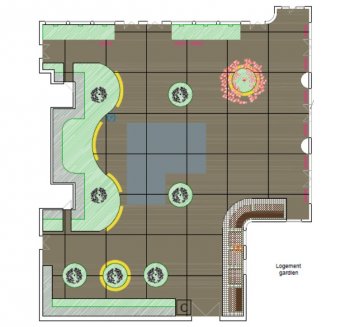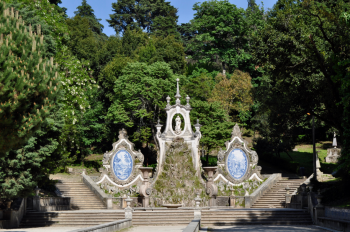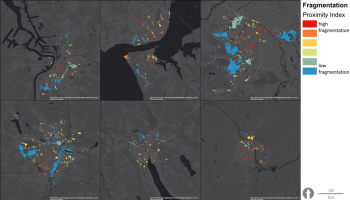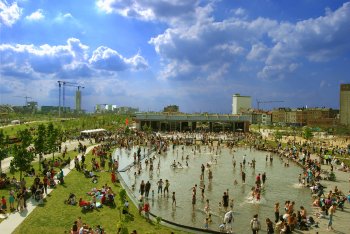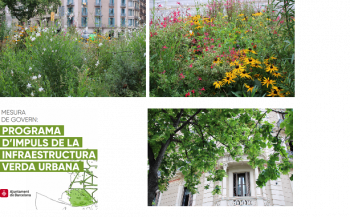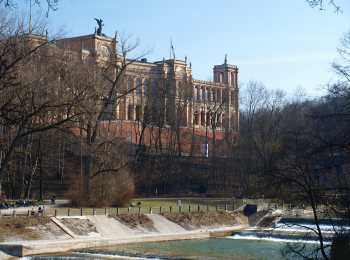The main objective of our BIOVEINS proposal is to use functional diversity (FD) to highlight the mechanisms underpinning the link between GBI, taxonomic diversity (TD) and ecosystem services (ESs) provisioning, and to provide, together with local stakeholders, the ecological and interdisciplinary knowledge to identify the critical features of GBI, to guide the establishment, management and restoration of GBI, and to mitigate the effects of major urban global challenges, like habitat fragmentation, air pollution, and urban heat island.
This main objective will be accomplished by...

